How to toilet train a dog who just doesn't get it, by award-winning trainer Ben Randall
Most dogs take to toilet training quite quickly, but for owners of dogs who don't, it can be an exhausting battle. Ben Randall shares his advice.
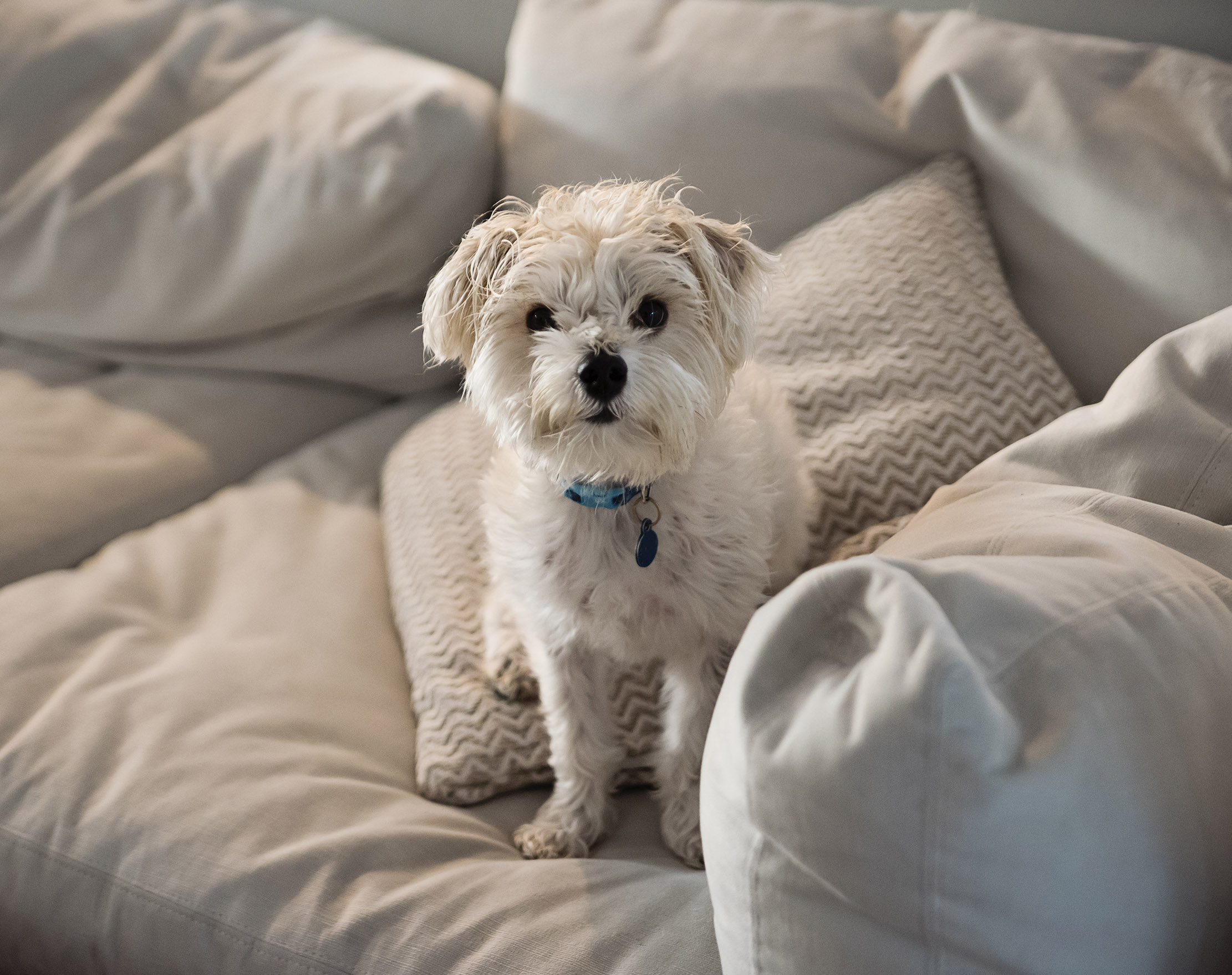

Lots of things about puppy training can be fun to teach. Toilet training a dog isn't one of those things, but the good thing is that it's usually relatively quick and straightforward.
Sadly, that's not always the case, as discovered by this week's reader:
Dear Mr Randall We are at our wits’ ends. Jeter, our Morkie who is about 1 1/2 years old, just can't seem to understand that bowel movements are meant to be taken outside. On walks or extended outdoor periods, when he does have a ‘poop’, he is praised and given a treat but more often than not, he waits until he is back in the house to award us with his ‘prize’. He is scolded for it but it is becoming exhausting for us and apparently confusing for him. It might be important to note that our yard is not fenced and he loves to run off so he has to be on the lead outside or in his small pen. Do you have any suggestions with which we can bring this terrible habit to an end? — NM, via email
First off, I have huge sympathy for you going through this — and thanks for writing in to me at paws-for-thought@futurenet.com. It's not something I see very often at this age, but I have come across it before. Several times, for example, I've had clients come to me with dogs they've adopted who have only ever lived indoors, or in kennels, and have become used to going to the toilet indoors.
What I’d like you to do is completely reset your dog in terms of this bad habit. It's going to take some consistent, repeated work for a few weeks, but I am confident that you and your Morkie will be able to do it. Here's how to go about it.
1. Understand the problem: your dog probably wants his privacy
Your issue is one that I see more often with London-based clients when they try to teach their dogs to go to the toilet on the lead. Some are fine, but sometimes the pets want their privacy. It might sound strange, but if you and your family all get to toddle off to a bathroom on your own when you need to, your dog can feel like he should have the same treatment. It sounds like you've been asking him to go while on a normal, short lead — and a lot of dogs simply don’t like doing their business on a lead in front of their owners.
What's more, it seems that you've inadvertently trained him to know that if he hangs on long enough, he'll eventually be able to get back home and relax off the lead again. Unfortunately, at the moment that's how he needs to feel when emptying his bowels.
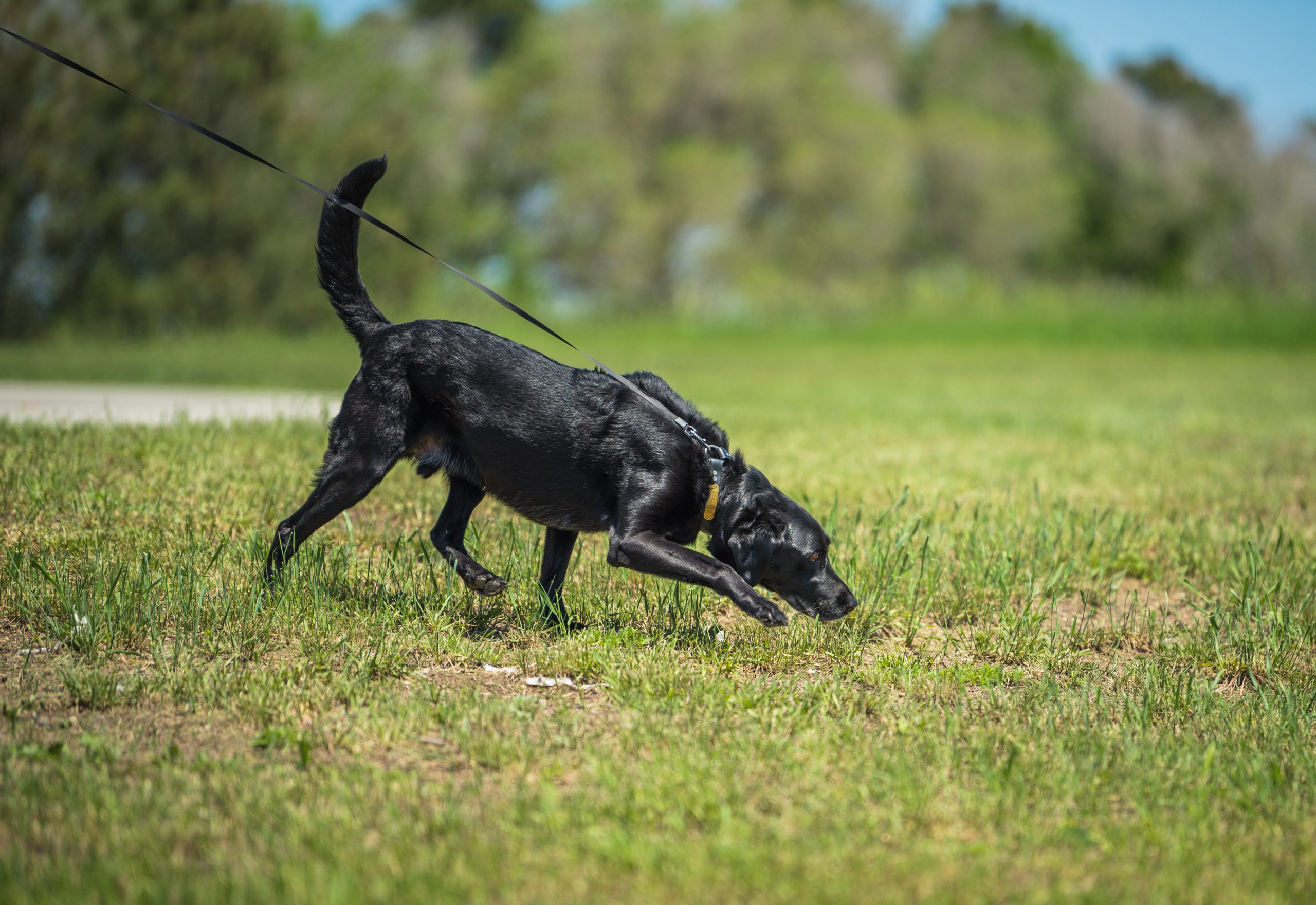
2. Reset your dog's habits with crate training
For the duration of July, I’d like your dog to spend most of his time in a crate, making sure it's a calm, relaxed environment for him. Once an hour, let him out of the crate, take him into the garden and keep him on a long line dog lead. This is crucial: it gives him the freedom to relax, explore and be comfortable — and being in that state will help him go to the toilet. If he goes, great; if not, and you have to come back inside, put him back in the crate. He might have to spend a large percentage of the day there, unless and until he has weed and pooed outside – then he gets to come in and relax with you.
Exquisite houses, the beauty of Nature, and how to get the most from your life, straight to your inbox.
Why are we doing this? I realise that you going back to crate training might feel a little drastic, but please don't worry — it's only a temporary thing, and since Morkies are pretty small dogs, I think Jeter will be fine for a bit. And you really do need to break the pattern, because at the moment the more freedom he has in the house, the more likely he is to — ahem — ‘deliver you a package’.
3. Stick with the plan
You've mentioned in your message that it's become a stressful and confusing situation for you, but stick with the training and we can resolve with this month’s reset. Apart from anything else, having a plan will make you, as owners, feel like you're taking positive steps, and this should help create a more relaxed atmosphere for both you and the dog. Knowing a process is in place can make all the difference.
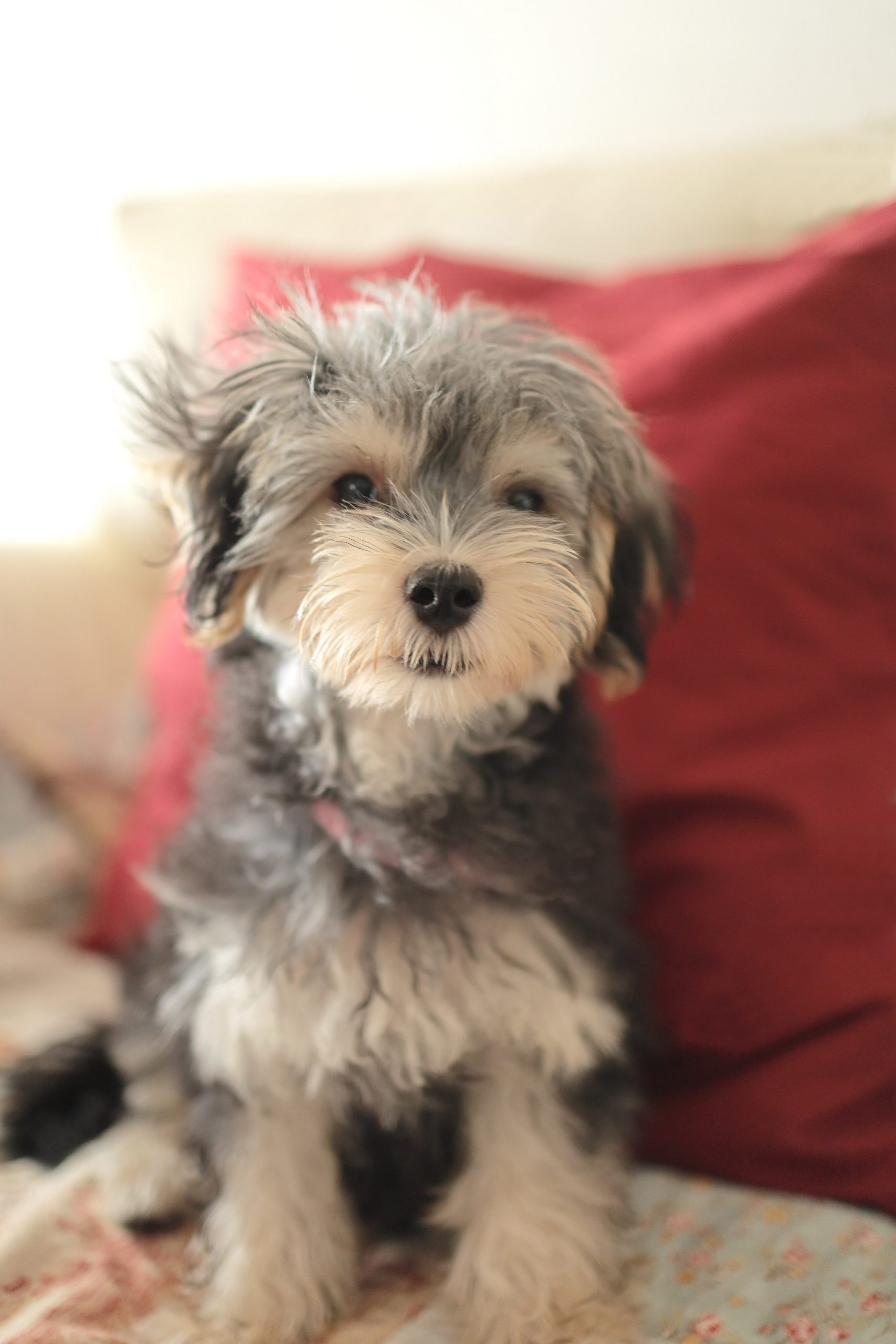
4. Work on your other training
One thing you mentioned in your email made me think that there's another aspect which can help here: the fact that Jeter loves to run off outside. I’d really like you to work hard on the BG foundation commands at the same time — getting your dog to walk to heel, teaching him how to sit, how to leave things on command, and recall training. All this will really improve your bond of love, trust and mutual respect with your dog, things which will make the rest of the training fall in to place more easily.
Ben Randall’s book, ‘How to Train Your Gundog’, is out now. You can order it here at £40.
For more detailed advice about Ben Randall’s positive, reward-based and proven BG training methods, one-to-one training sessions, residential training or five-star dog-boarding at his BGHQ in Herefordshire, telephone 01531 670960 or visit www.ledburylodgekennels.co.uk. For a free seven-day trial of the Gundog app, which costs £24.99 a month or £249.99 a year, visit www.gundog.app/trial
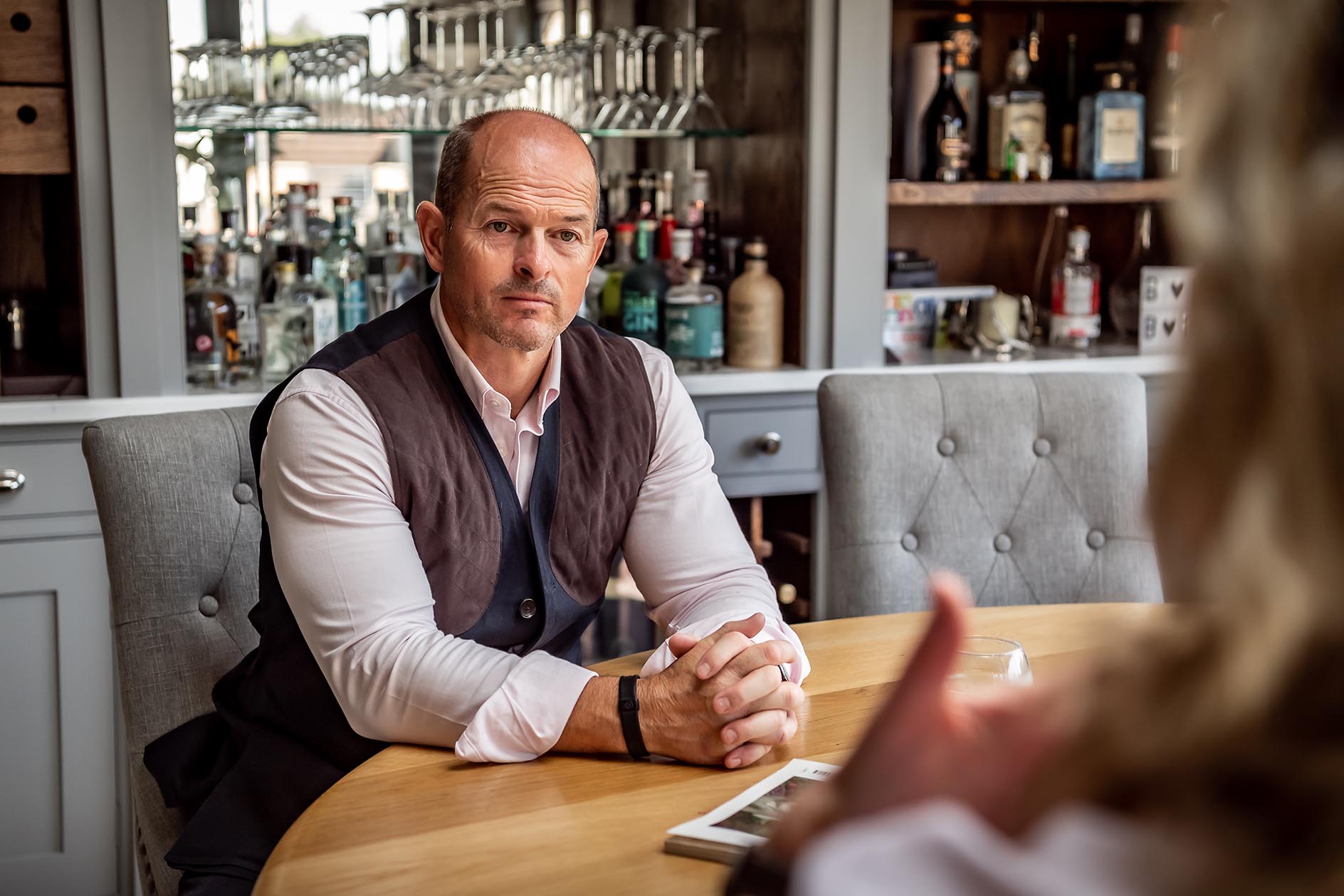
Ben Randall: Ask Country Life's canine agony uncle a question about your dog
Over the past two years our award-winning dog trainer Ben Randall has been sharing his advice with Country Life readers.
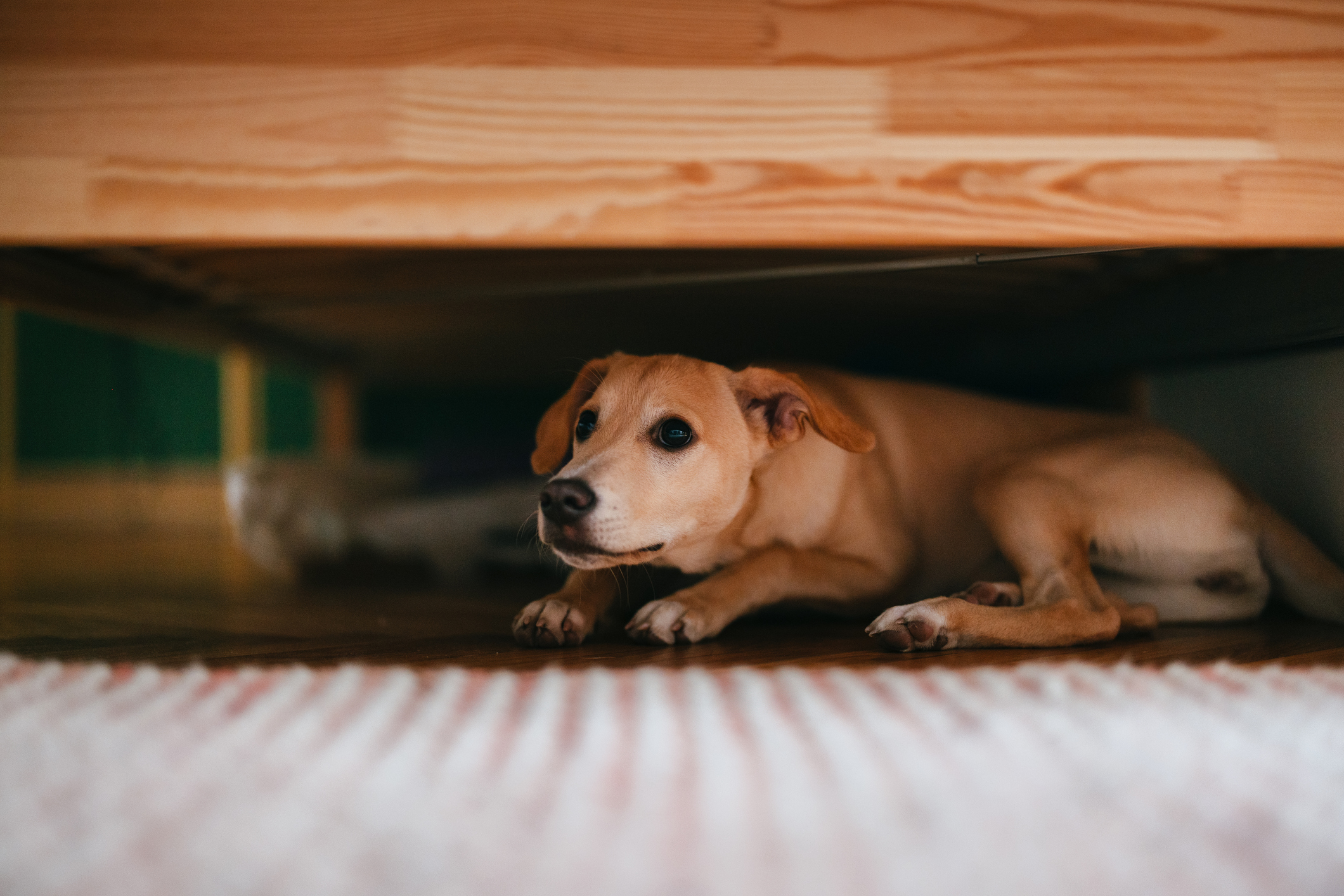
Credit: Getty
'My dog is scared of loud noises — and now a building site has appeared next door. What can I do?'
Award-winning dog trainer Ben Randall explains how to help your dog get used to loud noises.
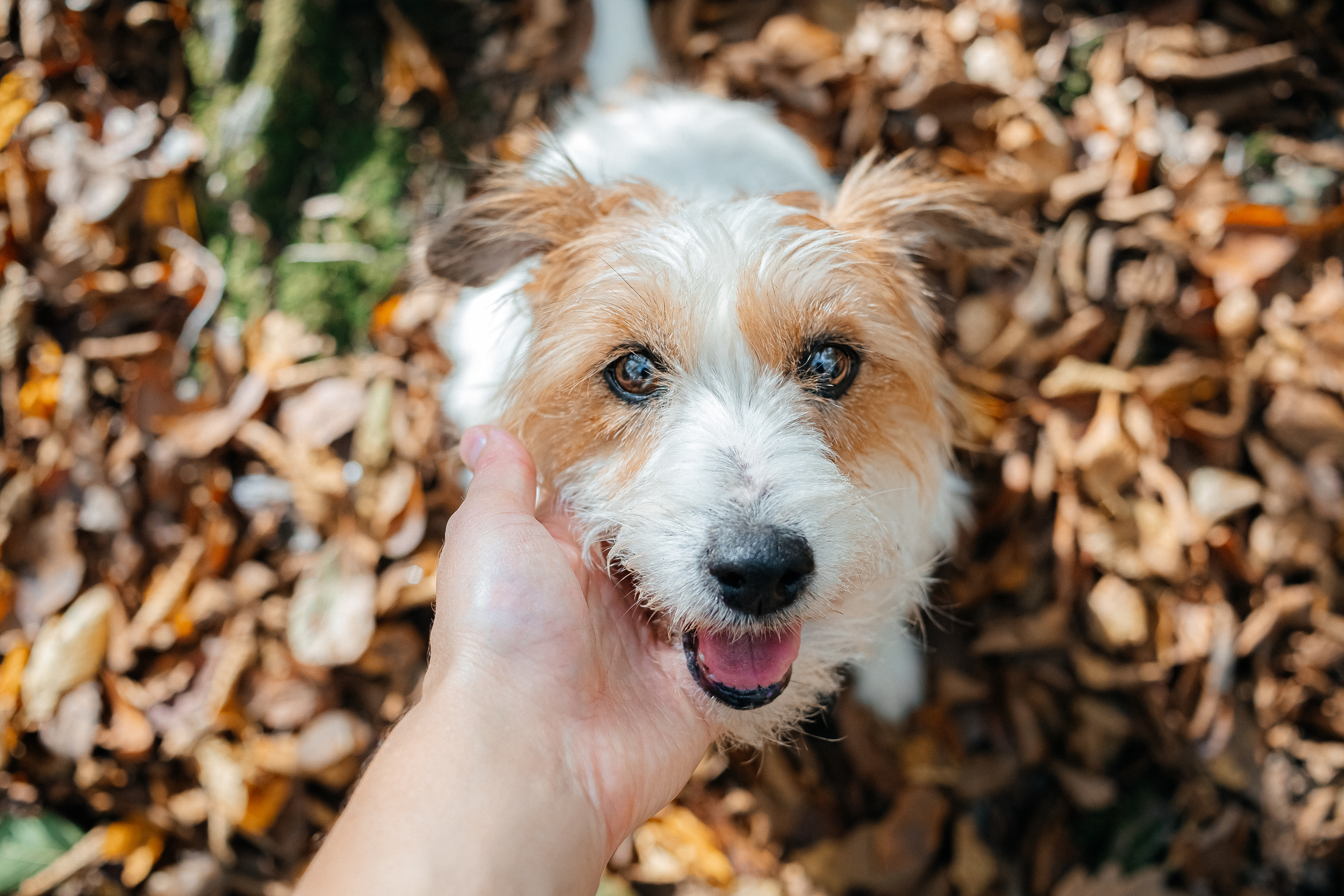
Credit: Getty
How a dog taught me an unbeatable technique for calming down a misbehaving dog, by A-list trainer Ben Randall
Ben Randall explains his simple technique for calming down an overexcited or nervous dog who has stopped responding to your
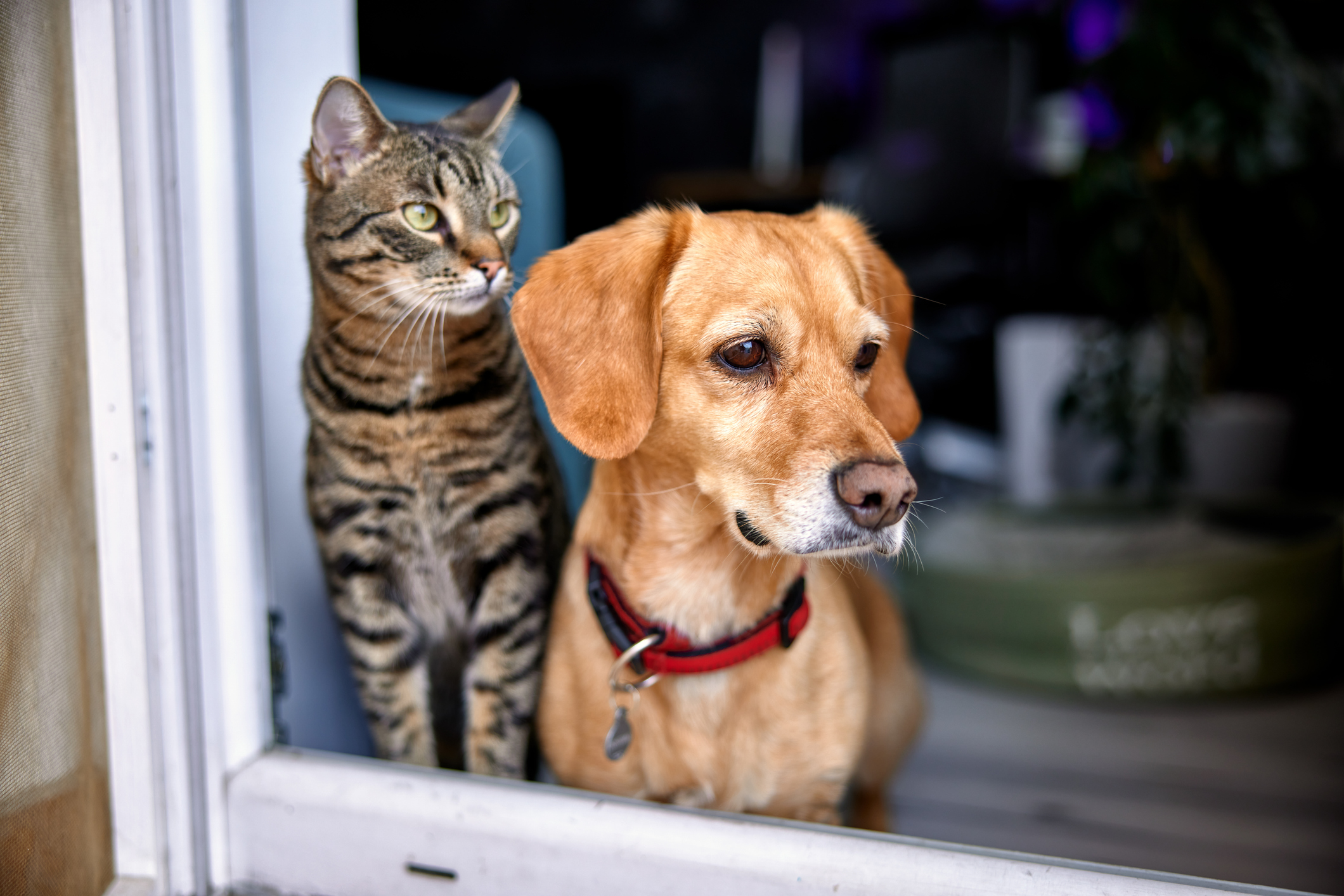
How to stop your dog from chasing and barking at cats, by expert trainer Ben Randall
The conflict between cats and dogs seems to be as old as time, but it really doesn't have to be
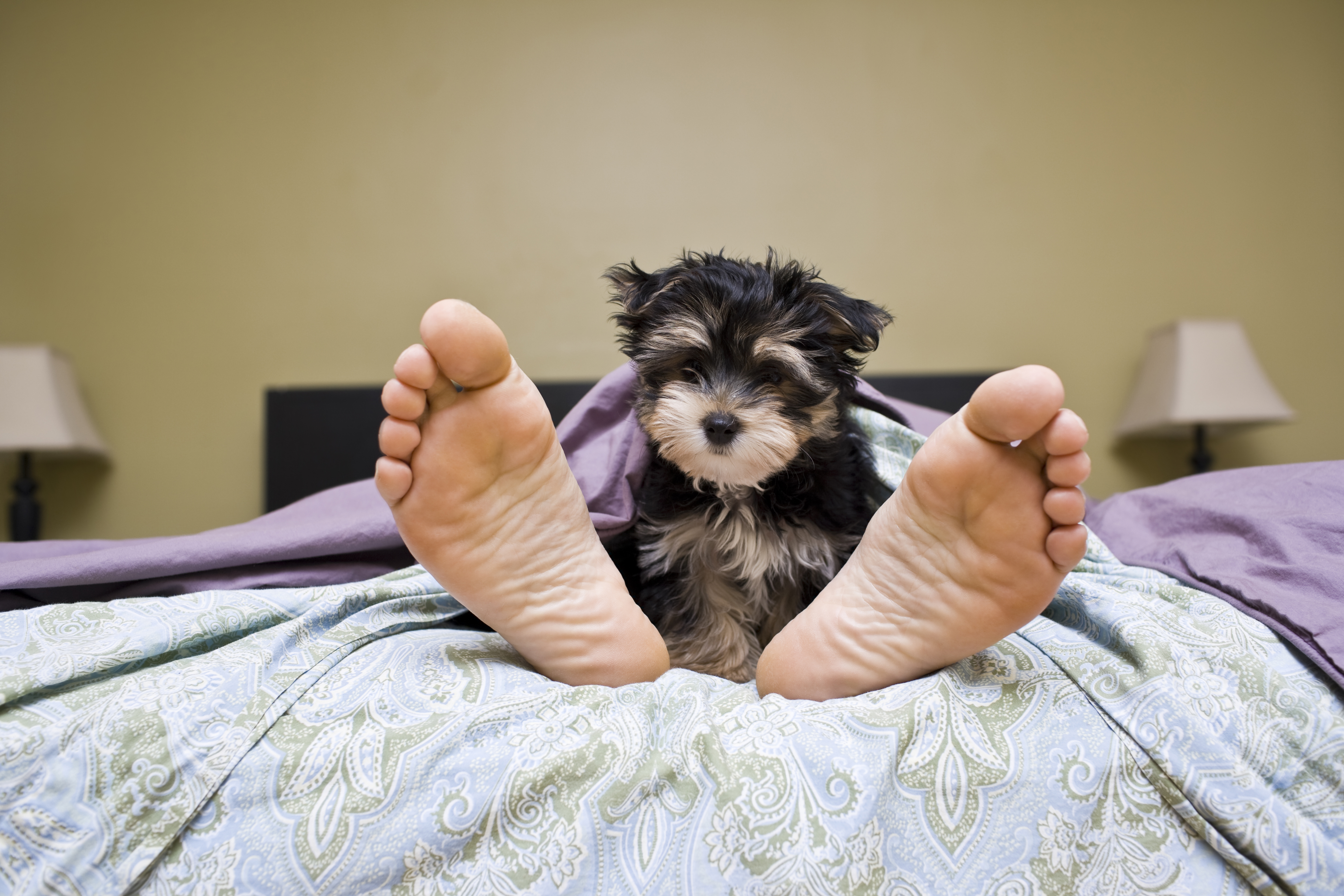
Credit: Getty
How to stop a puppy waking up at 5am, by award-winning dog trainer Ben Randall
What to do when your four-legged friend becomes a four-legged alarm clock.
